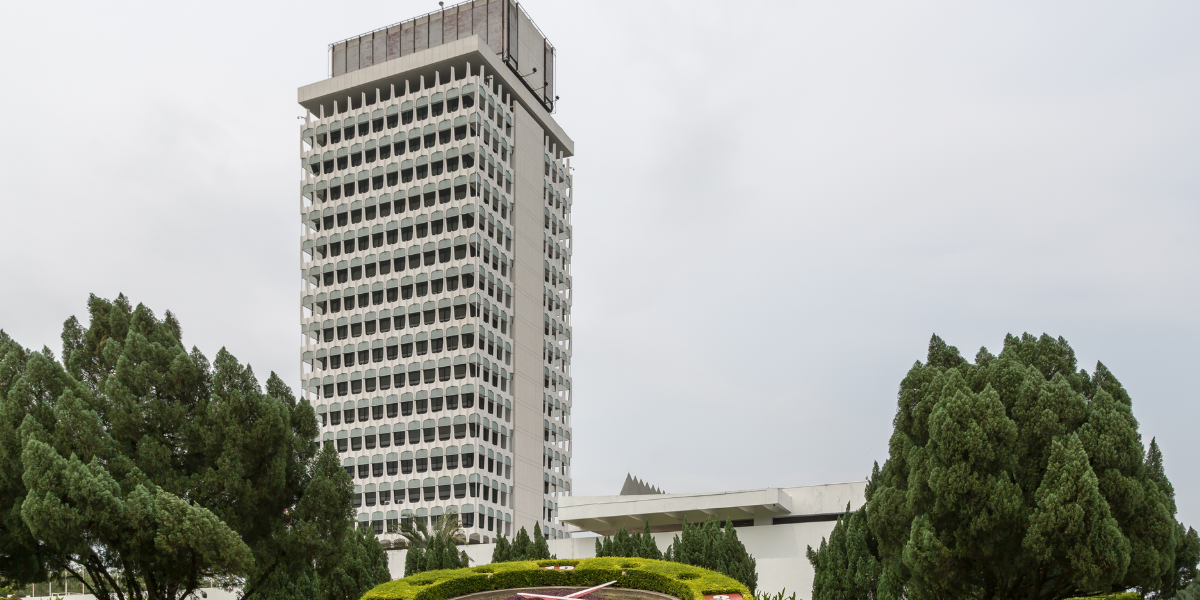The World Trade Organization (WTO) has recently stated in its Trade Policy Review of Malaysia that the country needs to implement fiscal consolidation and tax reforms to ensure equitable and sustainable growth. The WTO noted the country’s plans for fiscal consolidation, tax reform and expenditure rationalization. It noted in particular the introduction of a goods and services tax (GST) with a six percent headline rate, which is to be implemented by April 2015.
The WTO’s Trade Policy Reviews track the movement in countries’ tax and trade policy regimes. The WTO has commented on the impact that export taxes in Malaysia, worth 1.5 percent of total tax revenue in 2012, are having on the domestic prices of affected commodities, such as timber and crude palm oil. Malaysia taxes relatively few exports, but the taxation of those goods has discouraged exports of specific goods, and kept domestic prices for key inputs low, thereby boosting domestic economic output, according to the WTO.
Tax concessions, along with grants and low-interest loans, continue to support the production and trade of various agricultural and manufactured products, and are supporting small and medium enterprises (SMEs), research and development, and environmental-protection activities.
The WTO’s report highlights the country’s use of export taxes on principal commodities, coupled with corporate tax exemptions for exporters. It also charts the tax incentives that Malaysia provides to support manufacturing activities.
Generally Malaysia considers the impact on business before introducing a new tax. In announcing a GST to broaden the tax base, Malaysian authorities have said that the tax regime would remove the double taxation faced by businesses, and improve the competitiveness of Malaysian exports. The regime will also remove distortions to supply chain decisions caused by the current gross-based consumption taxation system.













